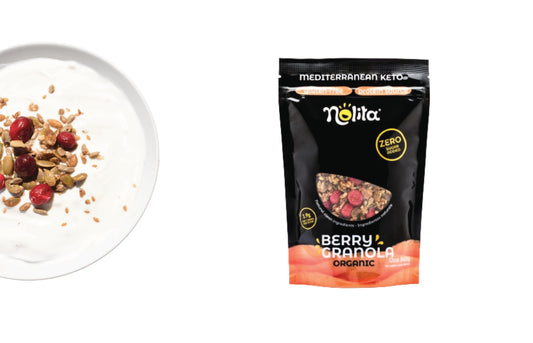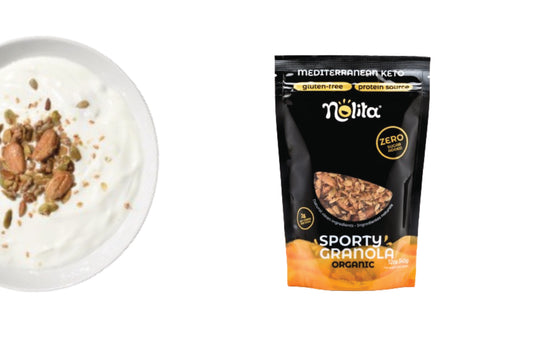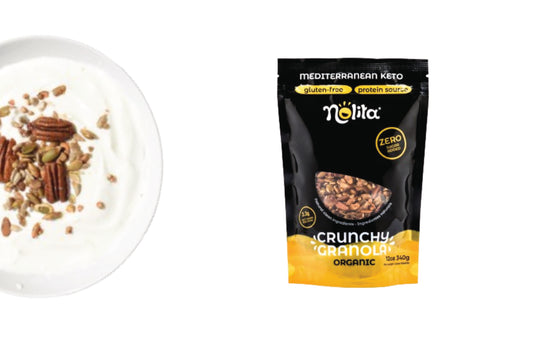Animal milk is an increasingly controversial subject. Especially when we talk about vegan diets or the massive animal exploitation in the food industry. Is it good or bad for your health? What do the experts say? Are there alternatives rich in the same type of nutrients?
Is it good for your health?
Studies indicate that milk contains valuable nutrients that help support a growing body, including calcium and protein, which strengthen bones and benefit those who want to gain muscle mass. It is also a source of potassium, which can help lower blood pressure, reducing the risk of heart disease and stroke. Furthermore, a natural food for mammals since animals, including humans, feed their young until they are ready for solid food.
Discover why Isabel do Carmo praises milk in her new book Food Myths and Facts a scientific approach.
What is harmful about milk?
The issue about this natural beverage is that it is also rich in saturated fats, which along with other foods and consumed in excess can increase the risk of cholesterol in the blood and therefore lead to heart disease, thus nullifying this beneficial effect mentioned above.
In addition, if a person is lactose intolerant, their body does not produce lactic acid, which is an enzyme that allows sugar in this beverage (lactose) to be broken into two smaller molecule sugars (glucose and galactose) that are easier to digest.
It may also happen that a person has a food allergy to lactose, in which case the ingestion of beverages or any food with lactose is not recommended.
Antibiotics should not be a concern, because both conventional or organic milk are tested and discarded if it tests positive for commonly used antibiotics.Some studies suggest that hormones can have a negative impact on human health, but during milk pasteurisation, 90% of it is destroyed, and the remaining trace amounts are completely digested into inactive amino acid segments when consumed—just like any other protein.
Are there alternatives to animal milk that are as rich in calcium and nutrients?
Yes, there are more and more alternatives... not with the same nutritional value, but valid and easy to find on the market.
Regarding the amount of calcium, for example, almond drink is an excellent substitute that has even greater amounts of this mineral than cow's milk. The coconut drink is also an excellent option for those looking to lose weight, increase the immune system's defences, and raise levels of "good" cholesterol (HDL). There are also other alternatives such as oatmeal drink, hazelnut drink, flax-seed drink, and perhaps the best known of all, soy drink.
Therefore, the choice of whether or not to consume milk should be made consciously by each person, and there is still no scientific data to support whether or not this beverage should be consumed. The numerous studies that have been done in this area are contradictory and often depend on who and where the study is conducted.
Photo by:@2happy
Bibliography
Sullivan, D., (June 2,2020). 7 benefits of almond milk. Medical news today. Consulted in 28/04/2021.
Oslen, N. (November 7.2019). Health benefits and risks of consuming milk. Medical news today. Consulted in 28/04/2021.
Butler, N. (November 20,2018). Health benefits of coconut milk. Medical news today. Consulted in 28/04/2021.
Amin, S., (May 11, 2020). Pros and Cons of Drinking Cow’s Milk. Healthline. Consulted in 28/04/2021
Ostrom, K., Fulmer, A., Hagaman,J., Ramsey,H., and Carlisle, E., (Mar 9, 2016). Is Milk Good or Bad for You?. KQED. Consulted in 28/04/2021





